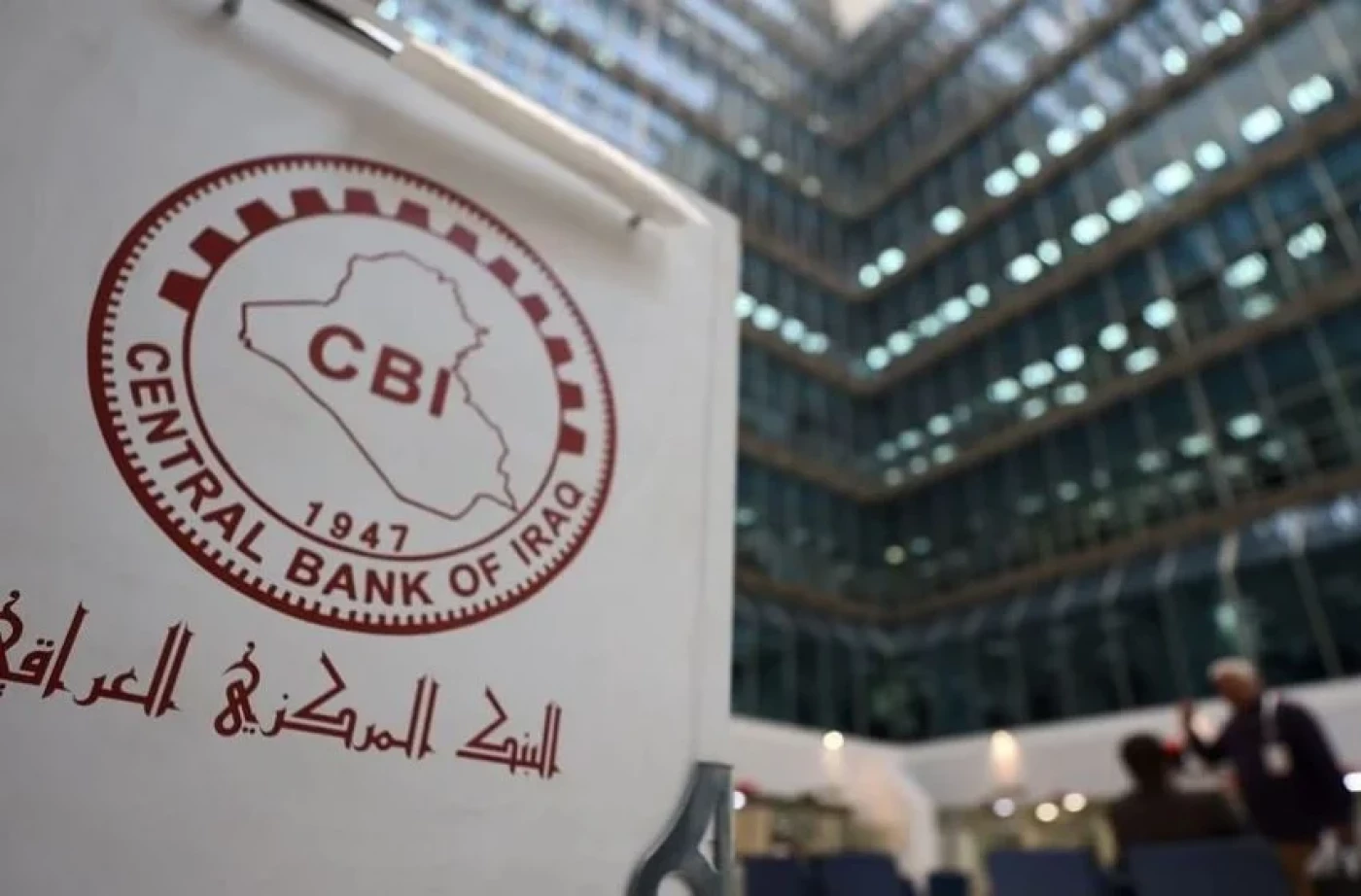ERBIL, Kurdistan Region of Iraq - A banking expert has warned against a possible “Lebanese-style scenario” in some Iraqi banks and called for “urgent reforms” to protect depositors’ funds, while a parliamentary committee stressed that “Iraq’s financial situation is stable and entirely different from Lebanon’s experience.”
Abdulrahman al-Sheikhli, a banking affairs expert, told The New Region on Saturday that “there must be caution regarding the growing public and banking concerns about a possible repeat of the deposit crisis that hit Lebanon’s banking sector in past years, given the economic and financial challenges Iraq is currently facing, particularly the ability of some banks to deliver deposits to citizens on time.”
He noted that “there is rising concern among citizens and investors about the condition of some private and even state-owned banks facing financial and liquidity pressures, raising fears of a scenario similar to Lebanon’s, where depositors were unable to withdraw or transfer their funds in foreign currency.”
Sheikhli explained that “Iraq has a wide banking network, but the heavy reliance on the US dollar and foreign transfers has made some banks vulnerable to shifts or restrictions from the international financial system or the Central Bank of Iraq itself.”
He added that “the real challenge lies in weak oversight over some private banks and the lack of transparency in managing deposits and investments.”
He further stressed that “the Iraqi banking sector still suffers from a trust gap between citizens and banks, as many prefer to keep their money in cash rather than deposit it. This weakens internal liquidity and makes banks more fragile in the face of crises.
What happened in Lebanon should serve as a real wake-up call for Iraq’s financial decision-makers, because any trust crisis in banks can quickly turn into a national economic crisis affecting the exchange rate, cash liquidity, and social stability.”
Sheikhli emphasized that “strict oversight tools must be activated for both public and private banks, with a review of lending and financing policies. There is also an urgent need to legally guarantee small and medium deposits and to establish mechanisms that ensure depositors’ rights in case of any financial default.”
He concluded that “Iraq is not currently in a banking crisis, but it faces a serious challenge that demands caution, transparency, and swift reform, because protecting deposits means protecting trust, and without trust, no financial system can survive or develop.”
New monetary policy
Concerns are growing over a possible repeat of the Lebanese banking crisis in Iraq, following an announcement by al-Taif Bank regarding a new monetary policy adopted by the government. The bank notified its clients of a recent amendment by the Central Bank of Iraq to the mandatory cash reserve regulations applied to banks.
In a statement, the bank said: “We would like to inform you that the Central Bank of Iraq has recently amended the mandatory reserve regulations, raising the required ratio on customer deposits from 8% to 18 percent.”
The statement added that this change “comes as part of the new monetary policies aimed at strengthening financial stability in the country.”
Accordingly, the bank confirmed that it is “currently reassessing the performance of savings and service products linked to deposits to ensure the continued provision of the best returns and services to our valued clients, while maintaining a balance between compliance with regulatory requirements and meeting customers’ banking expectations.”
Al-Taif Bank reiterated its commitment to “providing flexible and innovative banking solutions” and to “updating clients on any future developments related to savings products and their returns, in line with regulatory changes and in a way that serves customers’ best interests.”
Parliamentary assurances
Meanwhile, the Parliamentary Finance Committee affirmed on Saturday that Iraq’s financial situation is stable and completely different from Lebanon’s experience.
Committee member Muin al-Kadhimi told The New Region that “the financial and banking situation in Iraq is stable and secure. There are no indicators resembling the crisis that the Lebanese banking sector went through in recent years. Therefore, we reassure citizens that their money and deposits in Iraqi banks are completely safe.”
Kadhimi added, “Talk about a possible repetition of Lebanon’s crisis in Iraq is inaccurate and exaggerated. Iraq’s financial system is under strict supervision by the Central Bank of Iraq, and it is supported by a strong foreign currency reserve that meets market needs and ensures the stability of the dinar.”
He noted that “Iraq currently possesses one of the highest cash reserves in its history, exceeding $100 billion, in addition to a large gold reserve, placing the country in a comfortable financial position that guarantees banking liquidity and prevents banks from defaulting on deposit payments.”
The lawmaker explained that “what happened in Lebanon resulted from the collapse of its financial system due to domestic debt, chronic budget deficits, and the lack of sufficient monetary reserves.
Iraq, by contrast, relies on stable oil revenues as a main and continuous source of funding, and all Iraqi banks are linked to a strict system of monitoring and supervision by the Central Bank.”
He urged Iraqis “not to be swayed by rumors or unrealistic comparisons with other countries’ experiences.”
According to Kadhimi, “Iraq today has a secure financial cover and an economy capable of facing challenges. The Iraqi banking system operates under precise regulations that ensure market stability and protect people’s funds.”



 Facebook
Facebook
 LinkedIn
LinkedIn
 Telegram
Telegram
 X
X


